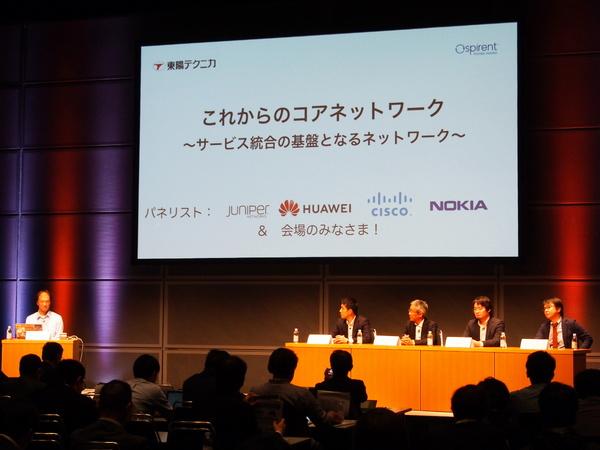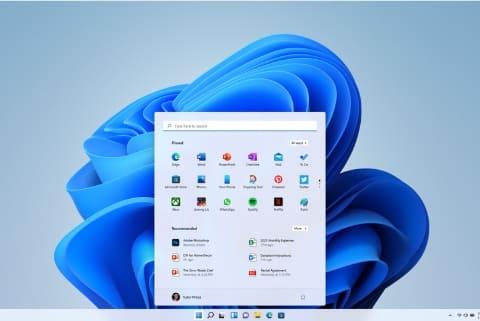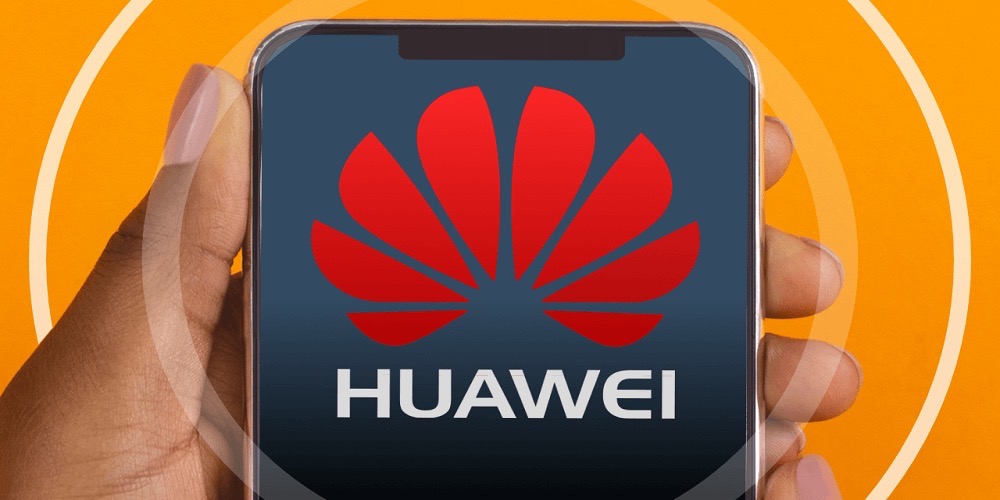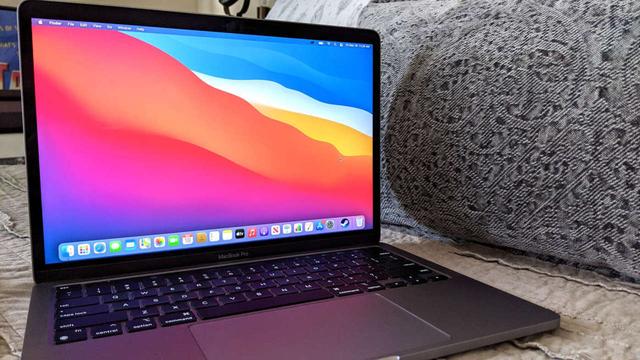What happens to Huawei's unique OS...
10
08
What happens to Huawei's unique OS development?Deep -out of Chinese sanctions read by engineers
The ripples of the Huawei shock are spreading.
The U.S. government has announced sanctions on Chinese telecommunications equipment and terminal giant Huawei.Transactions with U.S. companies and Huawei are banned, and if other countries use US technology, transactions with Huawei are prohibited.Softbank and au have postponed the release of Huawei's new smartphone, and NTT DOCOMO has also canceled reservations.
How does US sanctions really affect?There are a variety of information, such as "Huawei smartphones cannot update the OS" and "Huawei cannot be made because they cannot purchase semiconductors", but at this time, the whole picture cannot be grasped.How true is the rumor?What kind of impacts do Japanese consumers have?We talked to Director Sho Sawada of the Internet Plus Institute, which analyzes the Huawei problem from an engineer's point of view.
――It has been reported that the regulations will use Huawei's unique OS, which will not be able to update the OS android of the Japanese consumer.
It's a bit of a troublesome story, but first you need to understand what kind of OS the Android is.The Android itself is a program published in open source, and anyone can use it according to the license.Each company's Android Smartphone customizes this open source OS.
Open source android is not sold by Google, so it is possible by Huawei after sanctions.Even if Huawei makes your own OS, it will probably be based on open source androids instead of zero.
――So, what can Android be used as before?
This is a complicated story, but in fact, apart from Android, there is a series of software called Google Mobile Suite (GMS), a function that uses Google services, such as Gmail and Google Play Store.An Android smartphone sold in Japan is almost 100%sold with this GMS introduced.This is not an open source but a contract with Google.It is still unclear whether GMS is sanctioned, but if it is eligible for sanctions, it may not be possible to include Google -related apps on Huawei's smartphone.
Also, apps other than Google, such as LINE, Facebook, Twitter, etc. are also designed on the premise that GMS is introduced on smartphones.If you have a new message on LINE, you will be notified through Google infrastructure, and Google maps will be displayed in apps such as Airbnb and Uber.These are the functions provided by GMS.If the Huawei terminal does not contain GMS, these apps will not work properly unless other notification means or maps are prepared.
――In the future, if GMS is omitted from Huawei's smartphone, it will be a useless mobile phone for consumers.
I can't say that.For example, the "Kindle Fire" of the tablet sold by Amazon does not sign a GMS contract.Therefore, there is no Google Play, but there is another application store called Amazon Appstore.With Huawei, it is possible to create Android smartphones and tablets that do not depend on GMS like Kindle Fire.
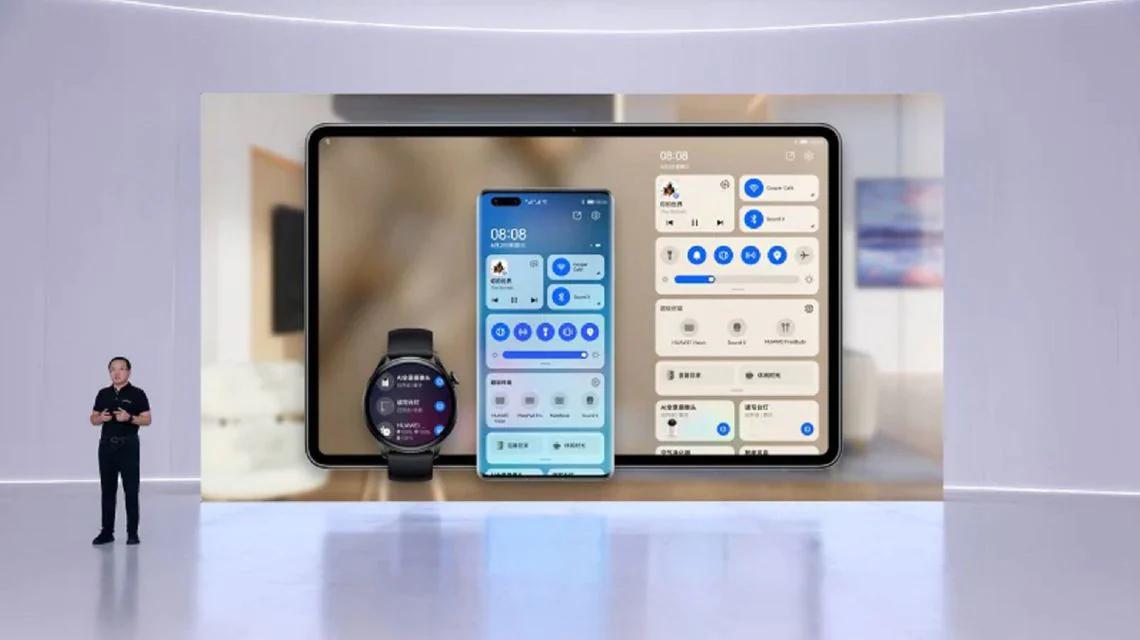
Also, if there are many users who use Huawei smartphones, Google will not be able to ignore them.Instead of providing through Huawei, distributing apps directly to users does not fall under the current export restriction.I think Google will distribute apps such as Gmail and Google Maps directly.In the Chinese market where GMS is not introduced, the "Google Translate" apps are directly distributed to users.(Google translation Chinese version official website)
―― Bloomberg reports that Huawei was trying to strengthen its own app store App Gallery in 2018.Is it a movement aimed at strengthening the unique OS without GMS?
It is certain that GMS is not available.But that was not the case.US exports restrictions are not subject to "software that is published and distributed free of charge".GMS and Android OS are composed of more than 1000 libraries (parts), and we are not yet knowing which parts are restricted.
However, if GMS cannot be used, it will strengthen its own OS and its own app store.I think it is prepared for that.However, for Huawei, it is an option that you want to avoid as much as possible.If you can avoid it, Huawei's non -CEO wants to avoid creating your own platform.
――I want to avoid creating your own platform.
yes.If you are an engineer, most will think so.The current software development community has a global connection.Even if it is a product made by a Japanese development team, we use a lot of libraries developed by someone around the world.It is an engineer's idea to thank the others that others are grateful.The so -called "reconstruct of wheels", and inventing something that already exists, does not want to do it.
It is painful for engineers to make their own platforms, avoiding American -derived technology, or replaced with other domestic ones.The time you work for you cannot be used to create new things.
In other words, US regulations are violent regulations ignoring the site of software development, and have a serious effect beyond the problem of Huawei.
―― What kind of effect?
Software engineering has a global feature that it can contribute to the project regardless of nationality or origin.Not only Androids, but many projects from around the world are cooperating in many projects, such as Chromium (chrome browser engine part) and Linax.This global ecosystem (ecosystem) is the source of dramatic development of software over the past few decades.
However, this regulation will bring borders to the originally open software world.If you depend on the software and libraries developed by technicians in other countries, the ecosystem will be torn if you are involved in security.
Now, I hear that the theory of decapp rings (the economic connection between the United States and China) is gaining momentum in the United States.It is a dangerous movement that can destroy the ecosystem that has brought the richness to the world.
As an engineer, we are worried that it is not a matter of a company called Huawei, but a problem that can threaten human shared knowledge and richness.

